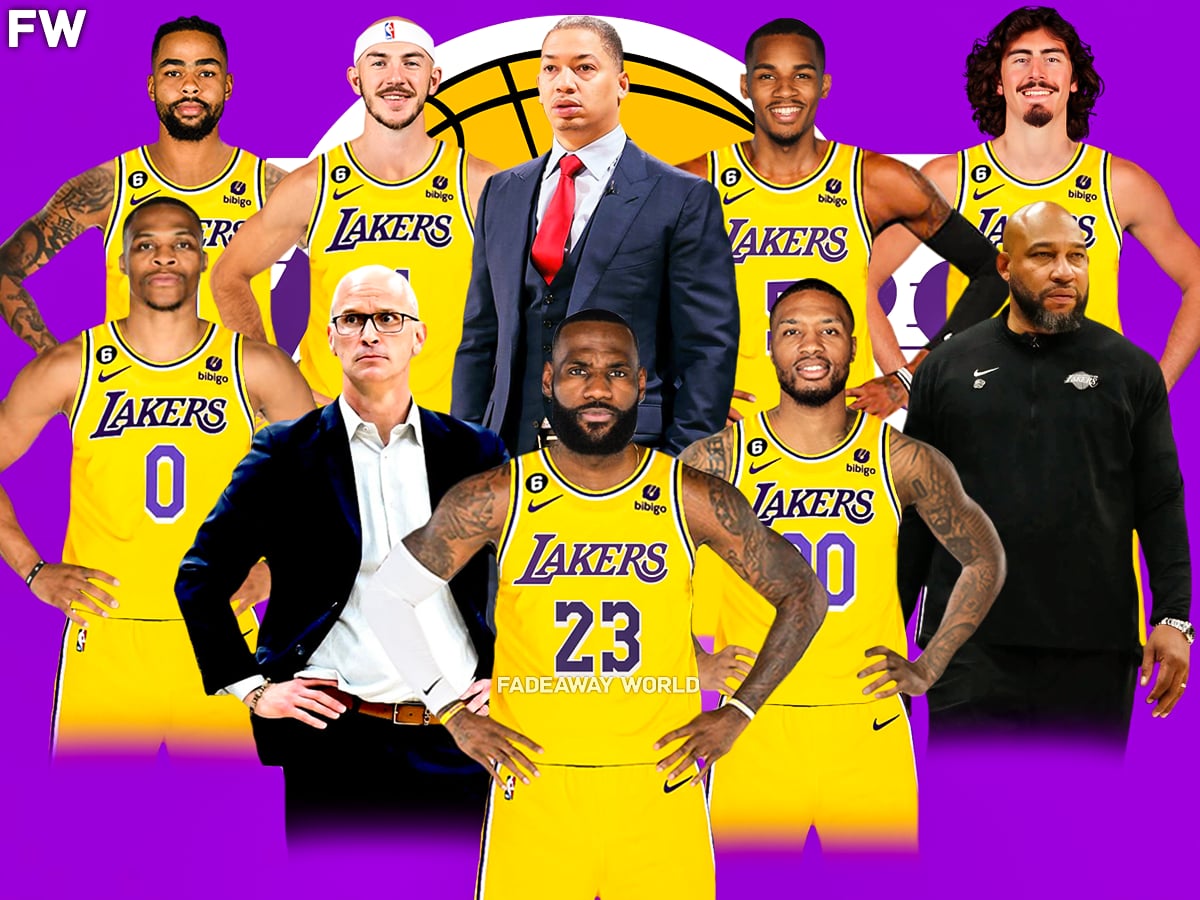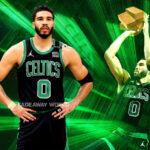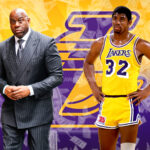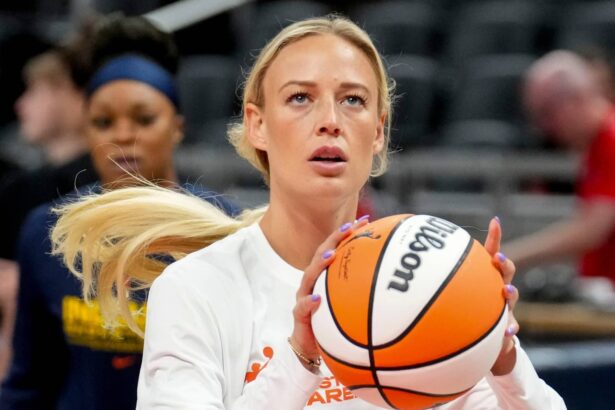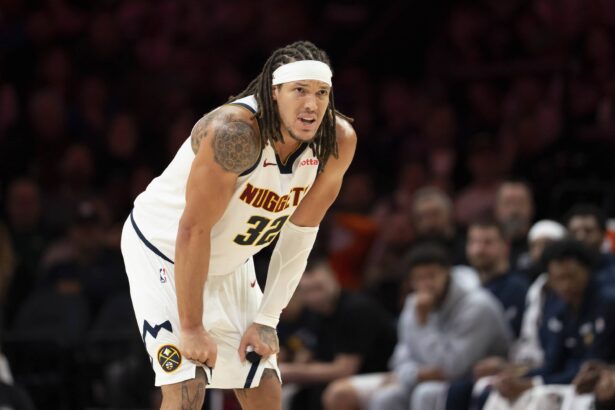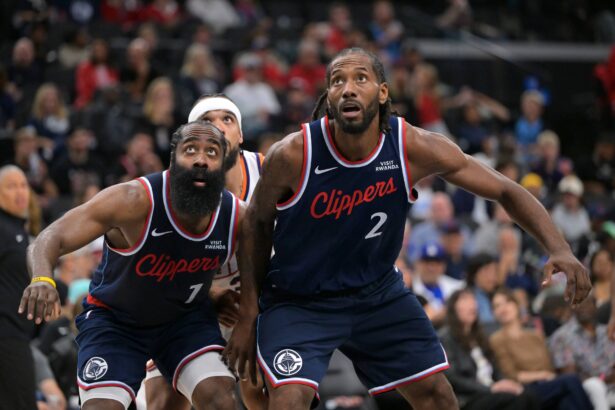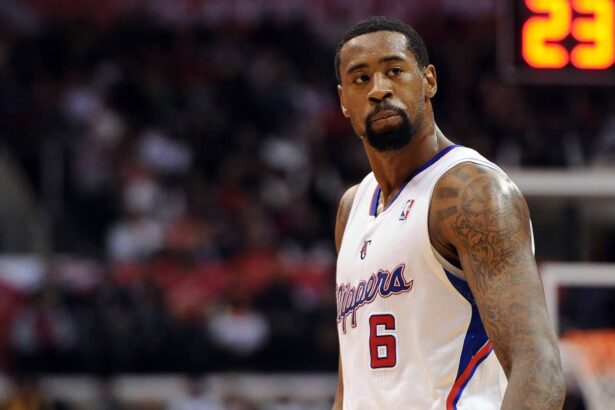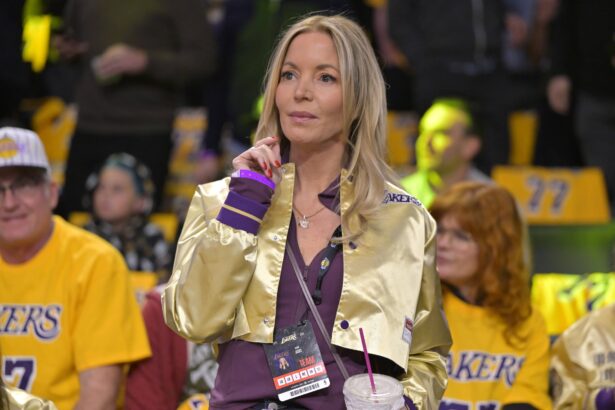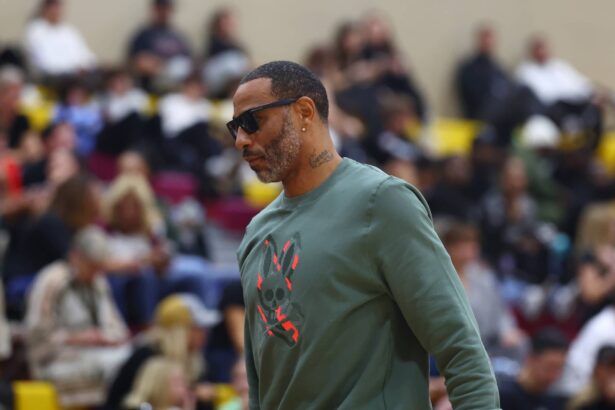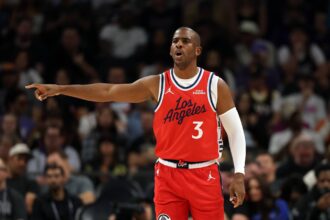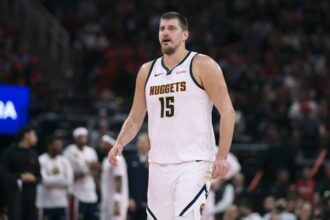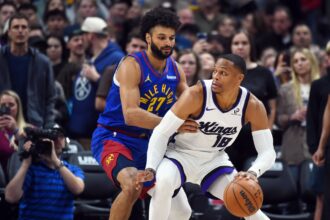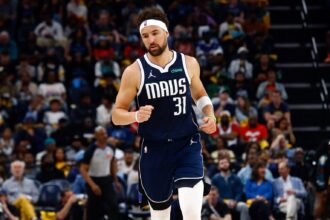The Los Angeles Lakers achieved the greatest success they can go for in the 2019-20 NBA season, taking advantage of a Covid-shortened season to win the championship thanks to the superstar duo of LeBron James and Anthony Davis.
- Lowballing Tyronn Lue
- Letting Alex Caruso Walk
- Trading Valuable Assets For Russell Westbrook
- Selecting Jalen Hood-Schifino Over Jaime Jaquez Jr.
- Hiring Darvin Ham, An Inexperienced Coach
- Not Going All-In For Damian Lillard
- Not Landing Any Star By The February Deadline
- D’Angelo Russell’s Contract Situation
- Failing To Offer More Money To Dan Hurley
- LeBron James Turning 40 Years Old Next Season
However, since then, the Lakers have made many mistakes and faced many problems that will manifest themselves in the upcoming 2024-25 season. With another championship looking unlikely for LeBron James and the Lakers, we recount the biggest problems and mistakes weighing down the franchise.
Lowballing Tyronn Lue
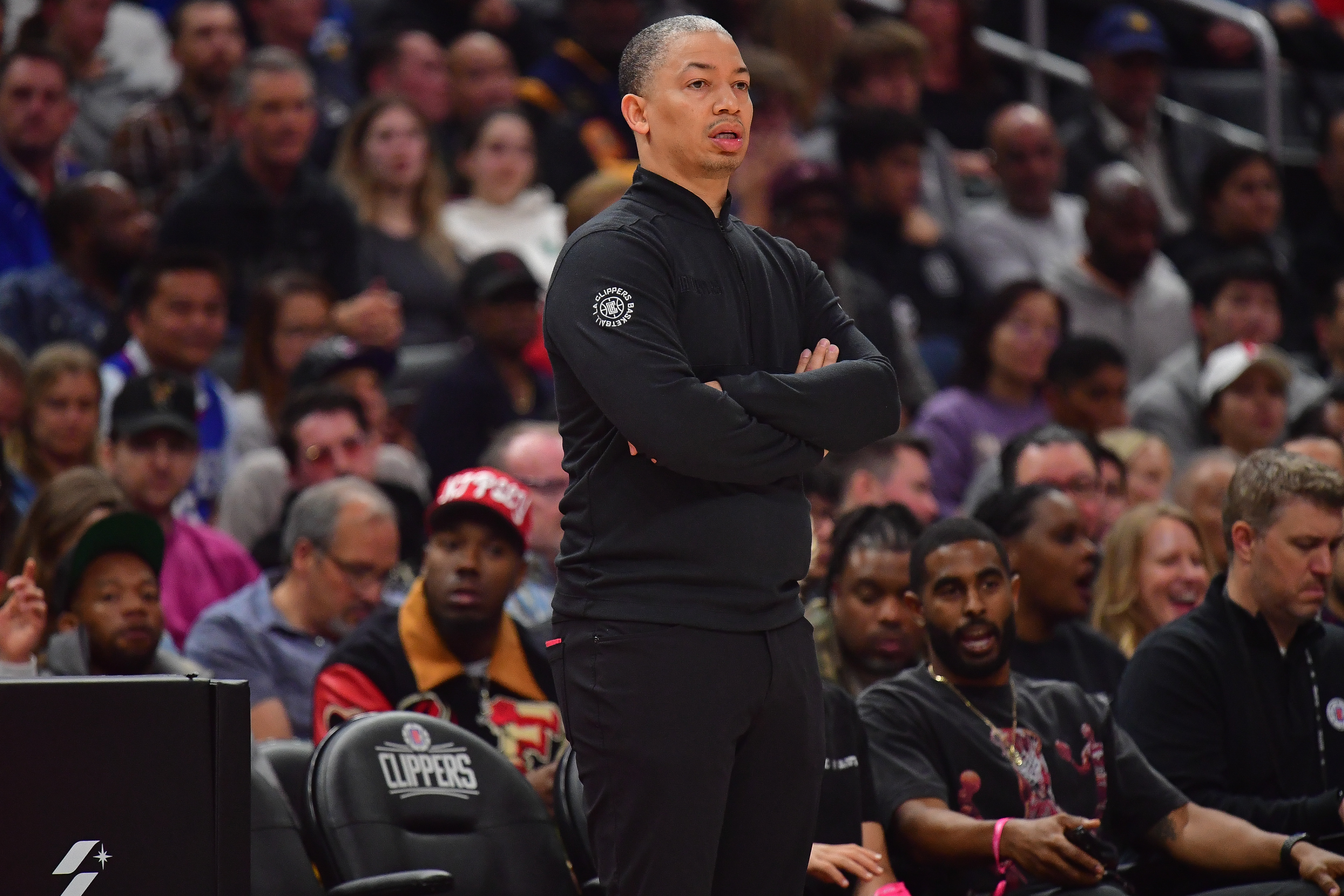
The Lakers had a golden opportunity to bring in Tyronn Lue, a coach who had already proven his ability to win with LeBron James by leading the Cleveland Cavaliers to a historic comeback in the 2016 NBA Finals. Despite this, the Lakers, potentially influenced by internal disagreements involving Kurt and Linda Rambis, decided against signing Lue and the offer reflected that.
The Lakers offered Lue $18 million over three years, a much smaller deal than the $35 million he received over five years with the Cleveland Cavaliers. Clearly not valuing Lue as a must-have coaching target, the decision to not hire Lue not only deprived them of one of the best coaches in the NBA but also potentially hindered their chances of maintaining a championship-contending team.
While they did secure a title in the 2019-20 season, having Lue at the helm could have provided the stability and strategic acumen needed to pursue back-to-back championships and build a longer-term dynasty. The lack of a seasoned and proven coach has left the Lakers with an unstable coaching situation, impacting their performance and consistency in subsequent seasons.
Letting Alex Caruso Walk
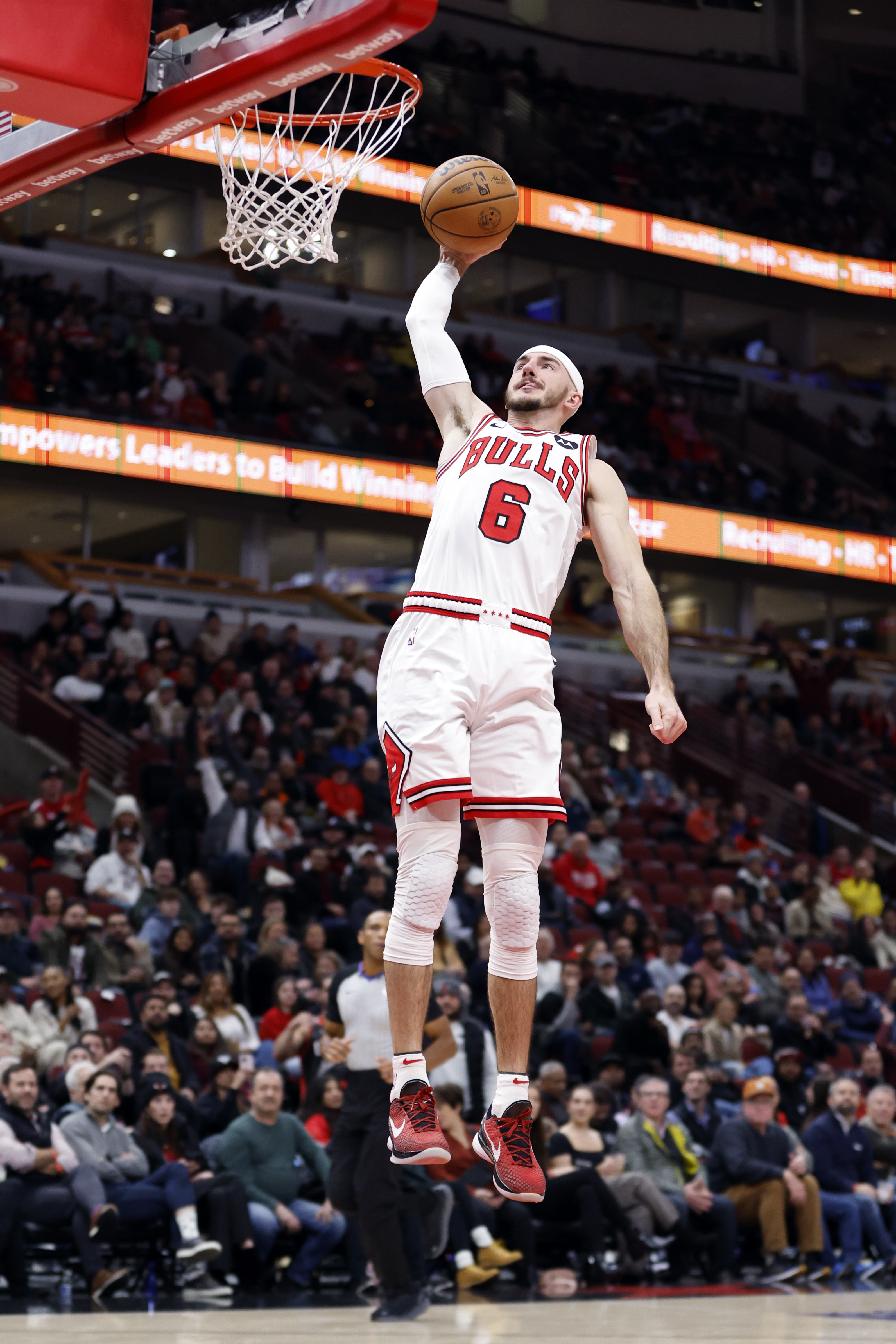
The Lakers underestimated the value of Alex Caruso when they allowed him to leave in free agency. Caruso left the Lakers in free agency after the Bulls offered him a four-year, $37 million deal compared to what the Lakers were willing to pay ($21 million over three years). Caruso, known for his elite defensive skills, has since made two consecutive All-NBA Defensive Teams and proven to be an above-average shooter, hitting 38.0% of his career three-point attempts and an impressive 40.8% this season.
His defensive prowess and shooting ability would have made him a valuable starter for the Lakers, bringing energy and grit as a fan favorite. Letting Caruso walk has left a noticeable gap in the Lakers’ roster, particularly on the defensive end and they haven’t replaced him yet.
Trading Valuable Assets For Russell Westbrook
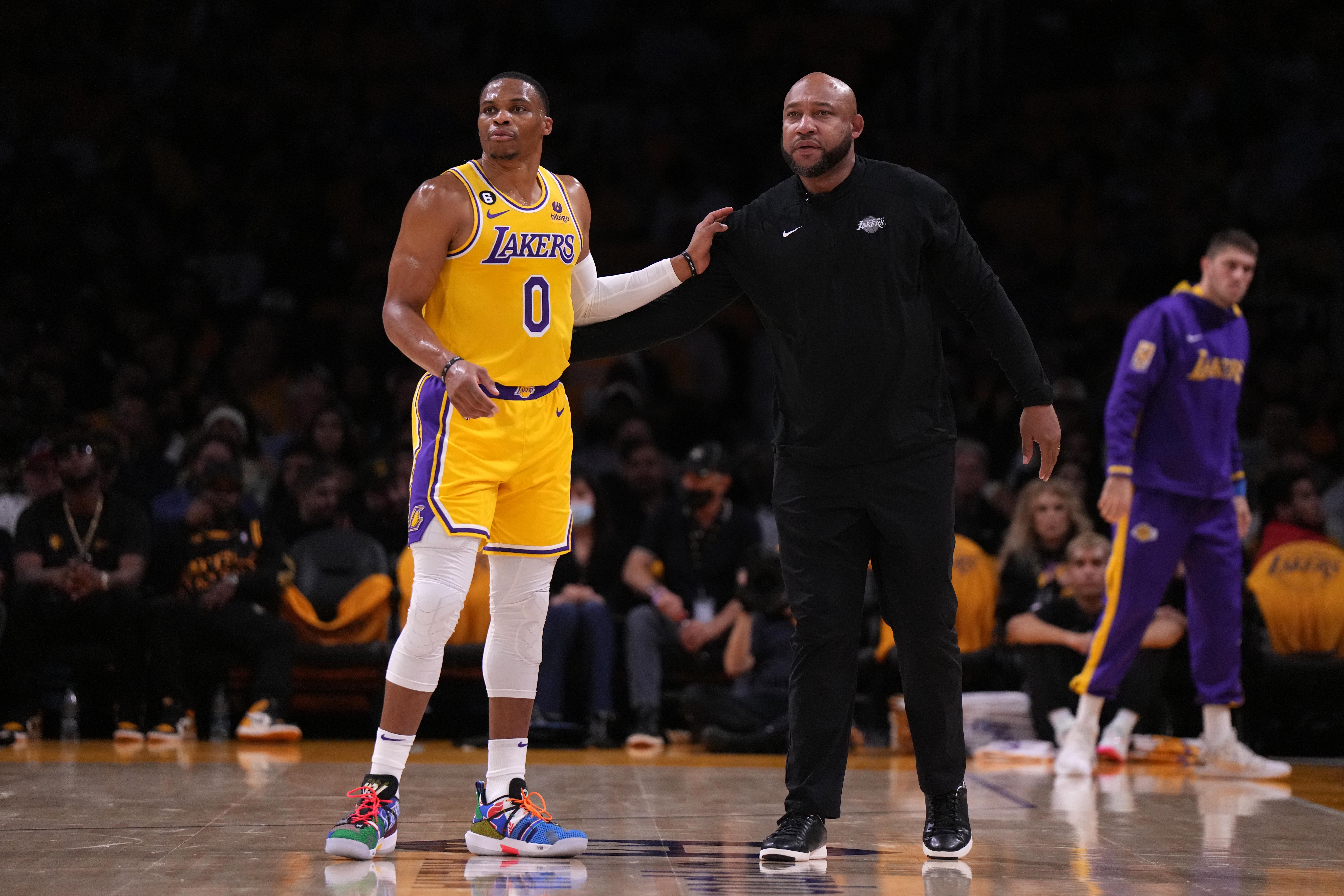
The trade that sent Kyle Kuzma, Kentavious Caldwell-Pope, Montrezl Harrell, and the No. 22 overall pick in the 2021 draft to the Washington Wizards for Russell Westbrook has been widely criticized. The Lakers traded away crucial pieces of their identity—shooting and perimeter defense—for an aging star whose skill set did not complement LeBron James and Anthony Davis. Westbrook’s tenure with the Lakers was marked by inefficiency and turnovers, averaging 17.4 points, 6.9 rebounds, and 7.2 assists per game while shooting a dismal 29.7% from three and committing 3.7 turnovers per game.
Meanwhile, Kuzma has flourished in Washington, averaging 22.0 points and 6.6 rebounds per game this season, and Caldwell-Pope played a pivotal role in the Denver Nuggets’ 2023 NBA championship run as their starting shooting guard. The No. 22 pick, Isaiah Jackson, has shown promise as an athletic two-way center. This trade dismantled a balanced and effective supporting cast, replacing it with a player who struggled to fit into the Lakers’ system, ultimately setting the team back in 2021 and half of 2022.
Selecting Jalen Hood-Schifino Over Jaime Jaquez Jr.
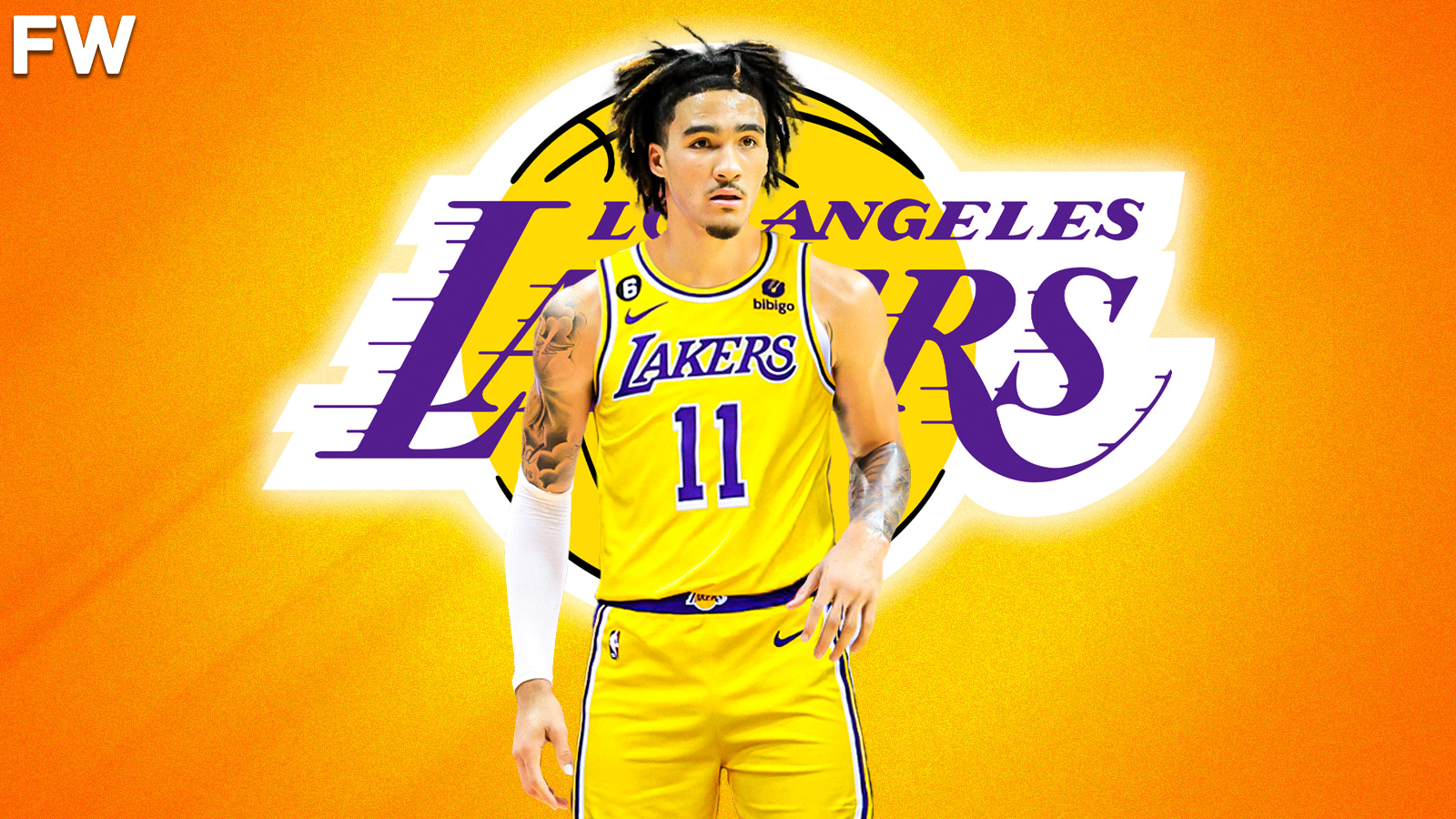
The Lakers’ decision to draft Jalen Hood-Schifino with the No. 17 overall pick in the 2023 NBA Draft over Jaime Jaquez Jr. has come under scrutiny. While Hood-Schifino’s potential remains to be fully assessed because he only averaged 1.6 points per game in 5.2 minutes per game, Jaquez Jr., selected 18th by the Miami Heat, has already made a significant impact, earning a spot on the 2023-24 All-Rookie Team.
Jaquez averaged 11.9 points and 3.8 rebounds per game, shooting an impressive 48.9% from the field, showcasing his scoring confidence and potential as a budding star. This draft misstep underscores the importance of thorough scouting and evaluation processes. By not selecting Jaquez, the Lakers missed out on a player who could have provided immediate contributions and bolstered their roster depth as he did with the Miami Heat this season.
Hiring Darvin Ham, An Inexperienced Coach
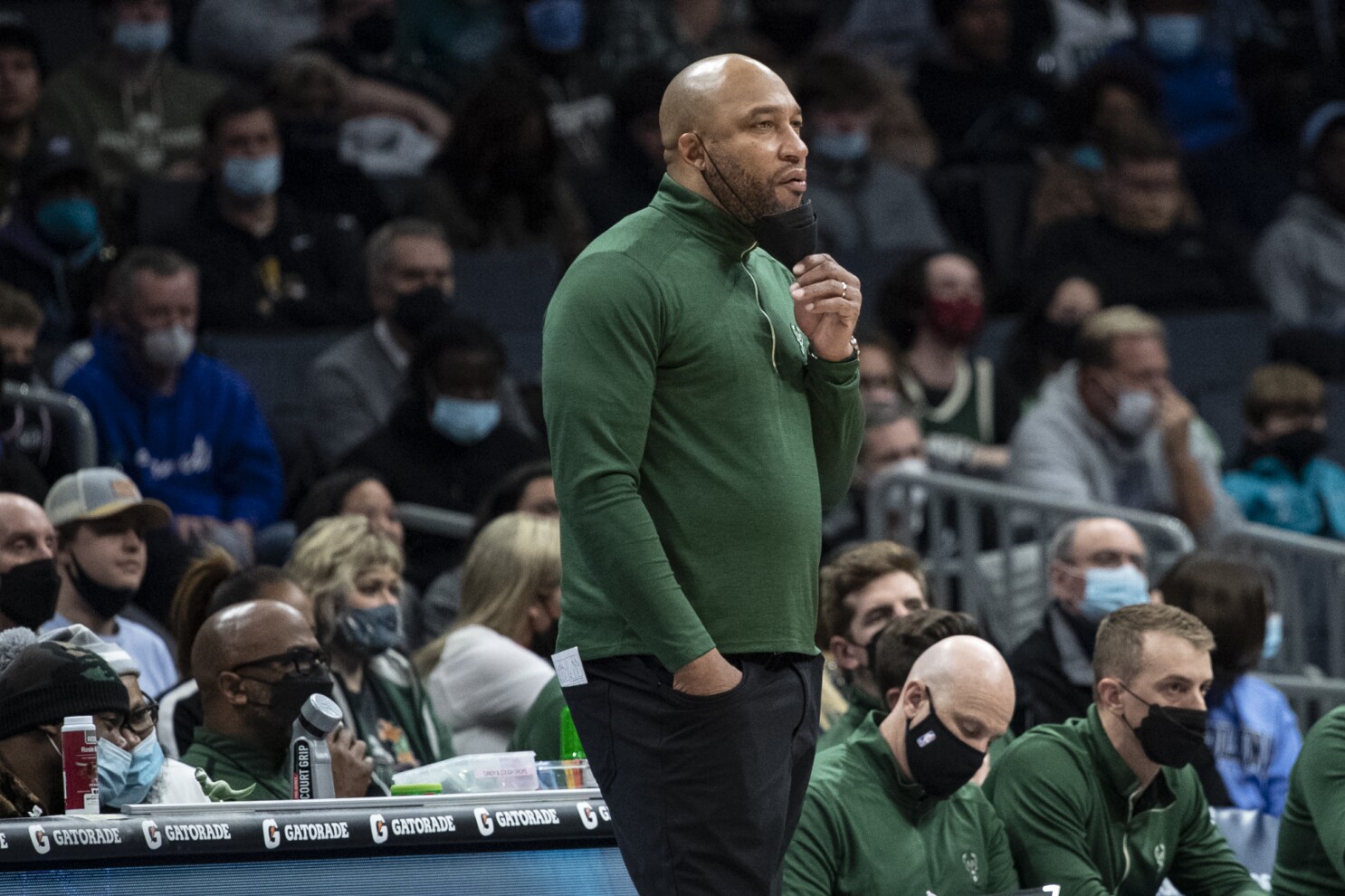
The Lakers’ decision to hire Darvin Ham as head coach, despite his lack of experience, placed him in a challenging position from the start. Tasked with managing the heavy expectations that come with coaching LeBron James in his final years and Anthony Davis in his prime, Ham faced an uphill battle. He finished with a 43-39 record in 2022-23 and 47-35 in 2032-24. The Lakers’ first-round playoff exit to the Denver Nuggets ultimately led to Ham’s dismissal, reflecting the high stakes and pressure of the role.
While Ham should not bear all the blame for the team’s struggles, the Lakers’ choice to appoint an inexperienced coach instead of a seasoned veteran was a gamble that did not pay off. This decision highlighted a miscalculation by Rob Pelinka and the management, failing to provide the team with the leadership needed to maximize LeBron’s remaining years and Davis’s prime. Again, we have to look at the Lakers’ failure to bring Ty Lue on board.
Not Going All-In For Damian Lillard
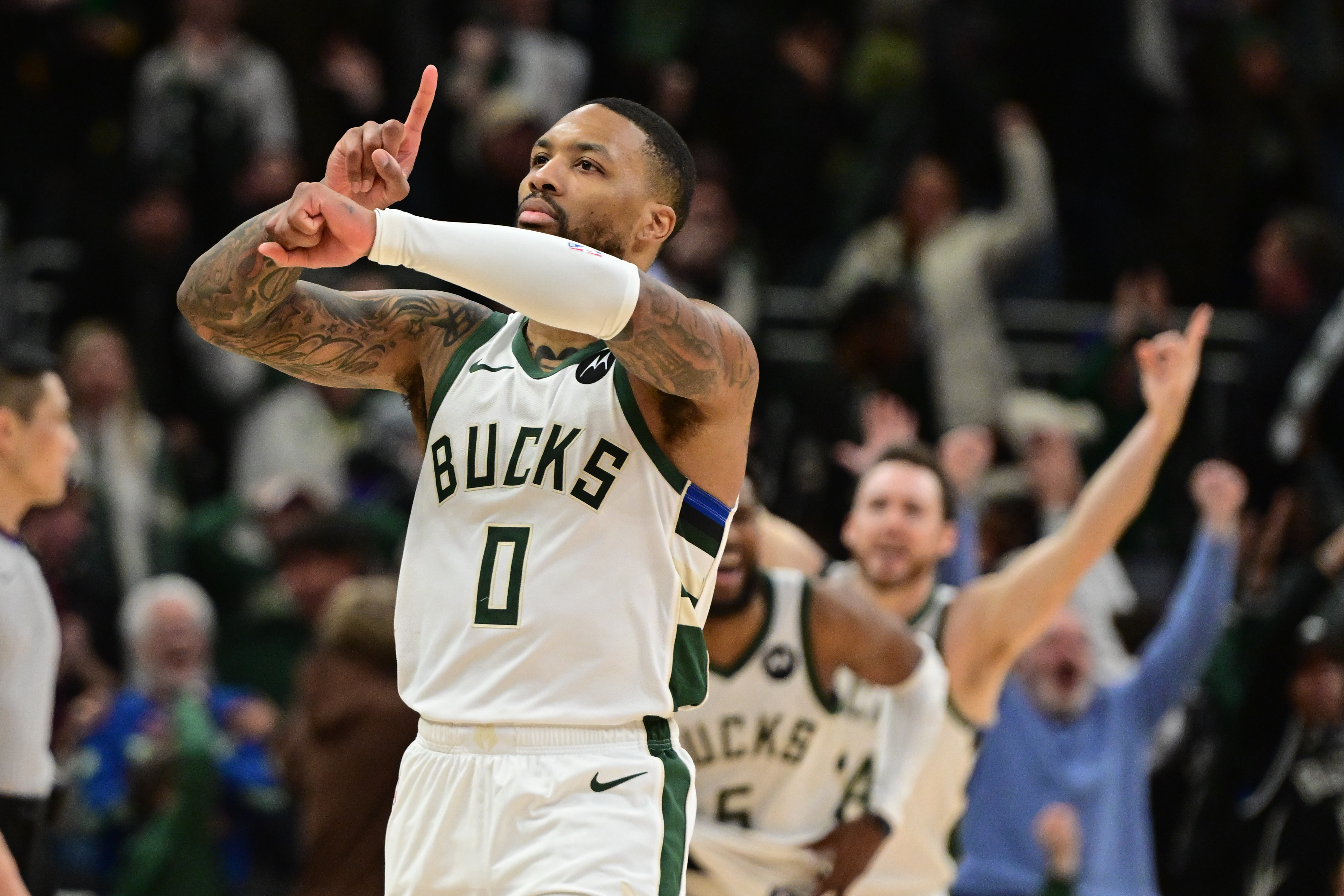
The Lakers’ decision not to pursue Damian Lillard aggressively was a missed opportunity to transform the team. Lillard, who ended up with the Milwaukee Bucks, had an All-Star season, averaging 24.3 points and 7.0 assists per game. His scoring ability and playmaking would have fit perfectly alongside LeBron James and Anthony Davis, potentially making the Lakers the best team in the Western Conference.
Instead, the Lakers opted to retain their core players, including D’Angelo Russell, Austin Reaves, and Rui Hachimura. While these players are valuable, acquiring Lillard would have elevated the team’s ceiling significantly. The decision to hold back has left the Lakers without a third superstar, limiting their competitiveness in a league where multiple star players are often necessary to contend for championships.
Not Landing Any Star By The February Deadline
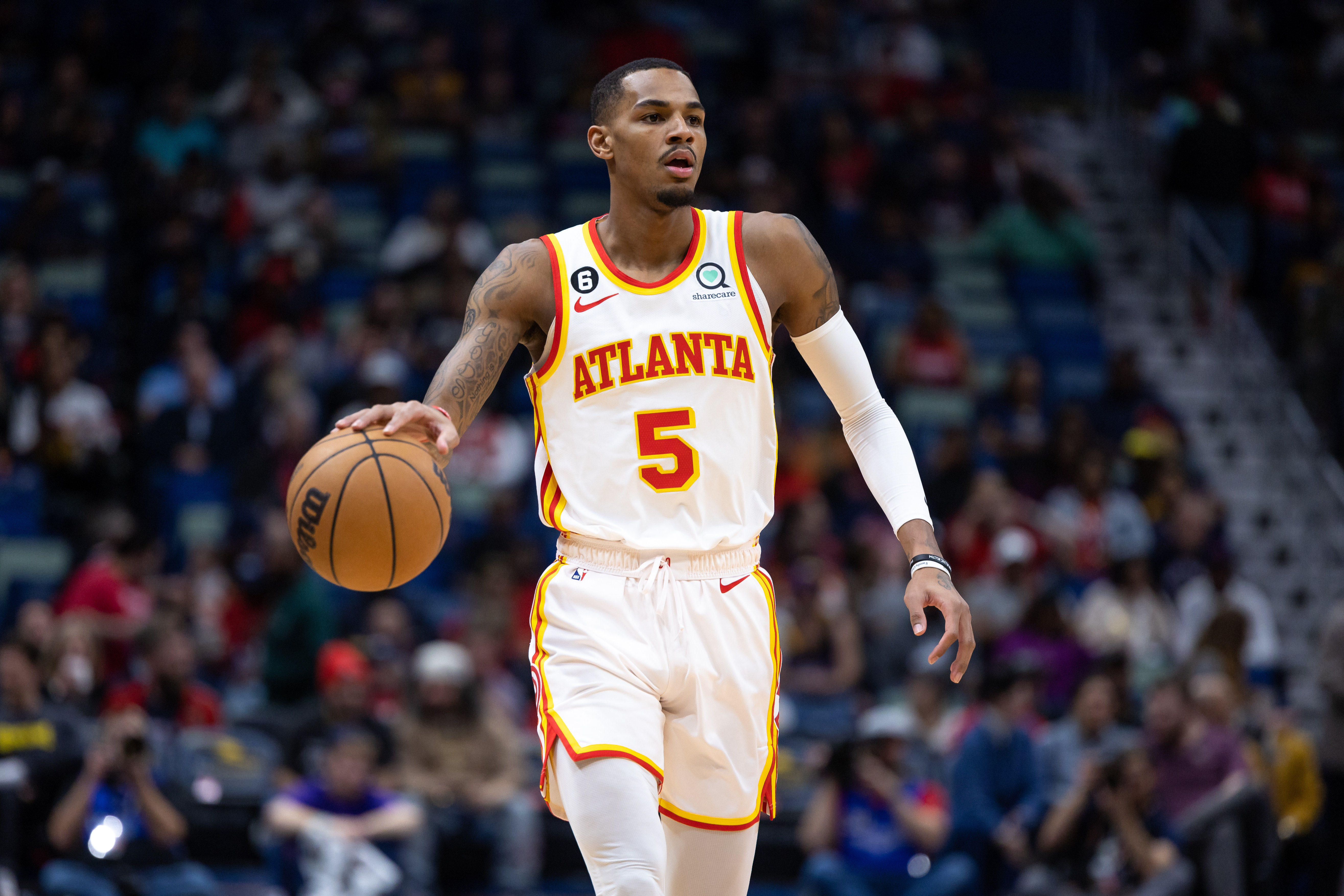
Beyond missing out on Damian Lillard, the Lakers also failed to acquire any other star players before the February trade deadline. Potential targets like Trae Young, Donovan Mitchell, and Dejounte Murray were all possibilities, but the Lakers did not pursue them aggressively enough. This inaction left the team without the additional star power needed to compete at the highest level.
The Lakers’ failure to land a star guard has had tangible effects on their performance. They finished the season ranked 23rd in defense, allowing 117.4 points per game, and 19th in Net Rating (+0.6). Adding a player like Murray (22.5 PPG, 5.3 RPG, 6.4 APG), known for his elite two-way capabilities, could have significantly bolstered their defensive metrics and overall team performance. The inability to secure a star player at the deadline has been a critical factor in the team’s underwhelming season, highlighting a missed opportunity to strengthen the roster.
D’Angelo Russell’s Contract Situation
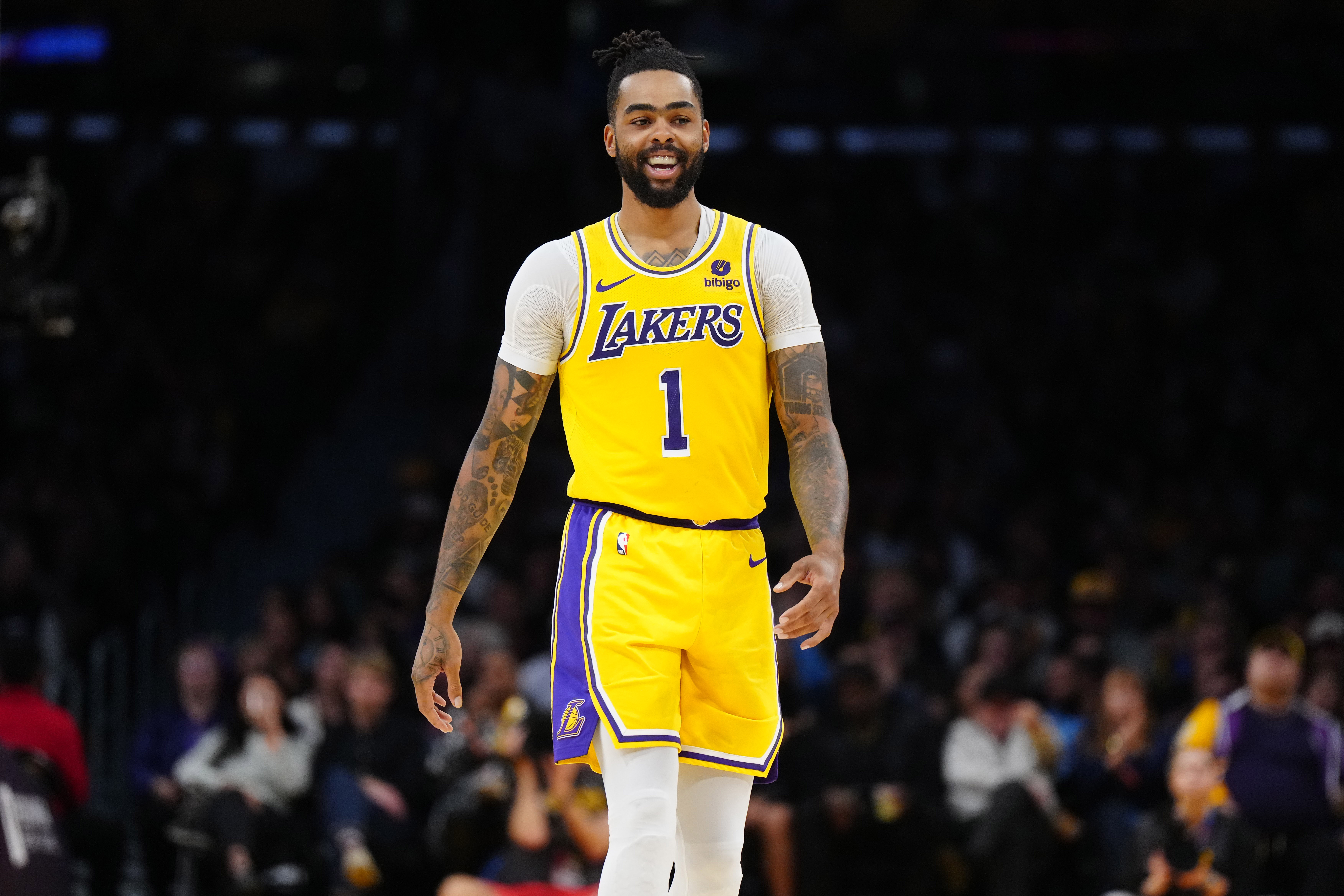
D’Angelo Russell’s decision to opt out of his $18.7 million player option poses a significant challenge for the Lakers. Despite posting solid regular season numbers of 18.0 points and 6.3 assists per game on 41.5% shooting from three, Russell’s performance dipped in the playoffs, where he averaged 14.2 points and 4.2 assists on 31.8% shooting from three. Even so, the Lakers’ mishandling of Russell’s contract situation has put them in a precarious position, potentially losing a valuable asset without receiving any compensation in return.
Re-signing Russell earlier would have allowed the Lakers to either retain his services or use him as a trade chip to improve the roster. His potential departure without compensation underscores a broader issue of asset management within the Lakers organization. The team now faces the possibility of filling a significant void in their backcourt which sets them back yet again.
Failing To Offer More Money To Dan Hurley

The Lakers’ pursuit of Dan Hurley ended unsuccessfully due to a somewhat lowball offer, reportedly a six-year, $70 million deal. Hurley, opting to remain with UConn where he has the option of a six-year, $50 million contract, turned down the Lakers’ proposal despite the higher overall value. The Lakers’ failure to offer a more competitive salary package, potentially closer to $100 million, reflects a miscalculation that could have secured a highly regarded coaching talent.
Hurley’s decision to stay with UConn instead of joining the Lakers highlights the importance of making compelling offers to top candidates. By not securing Hurley, the Lakers risk repeating past mistakes of hiring inexperienced coaches.
LeBron James Turning 40 Years Old Next Season
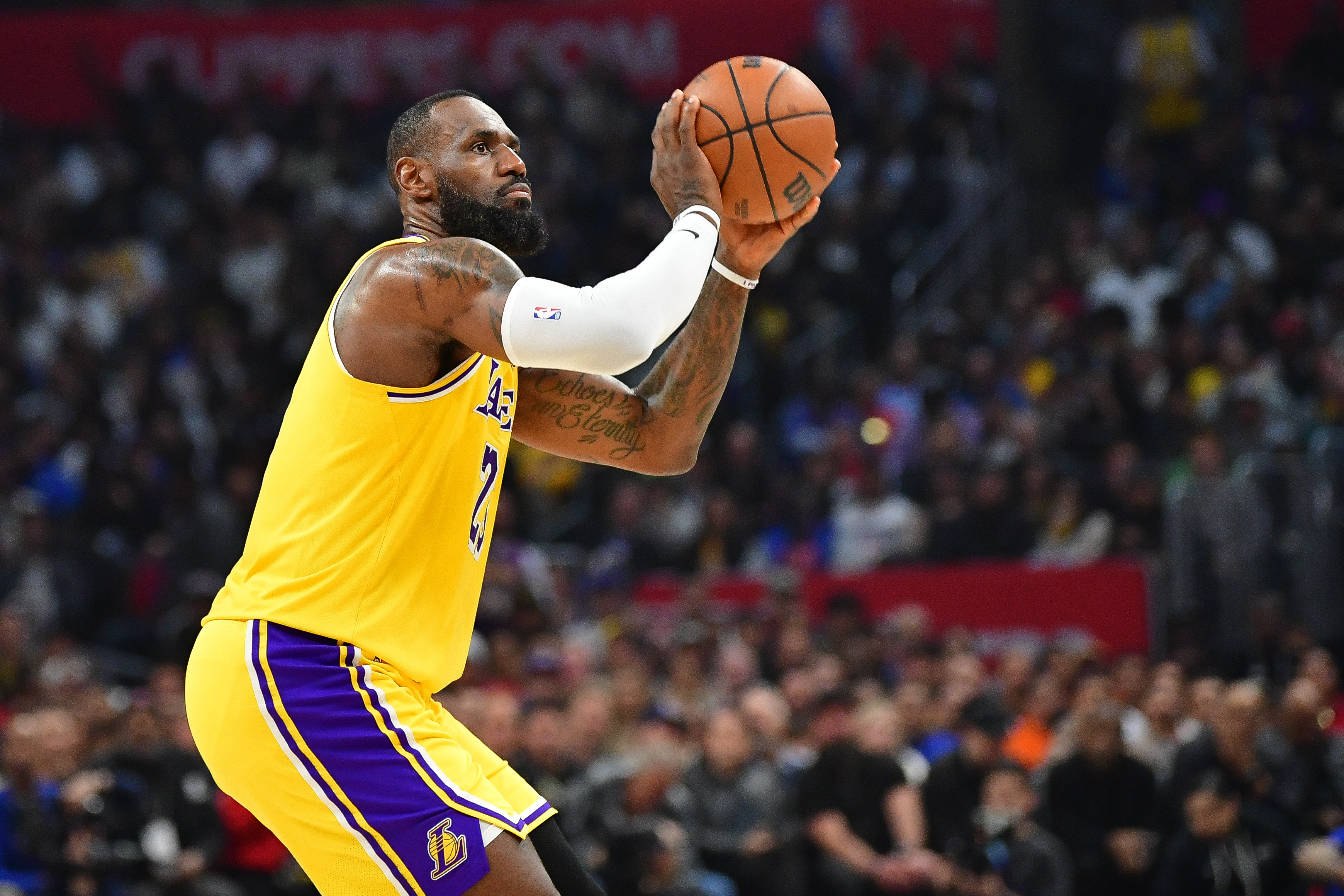
LeBron James turning 40 next season marks a critical juncture for the Lakers. Despite his remarkable performance for his age, the team has not done enough to surround him with the right pieces since the 2019-20 championship season. Several years of LeBron’s prime have been wasted due to mismanagement and poor roster decisions, leaving the Lakers at risk as he approaches the twilight of his career.
If LeBron shows any decline in the 2024-25 season or decides to leave in free agency, the Lakers will have squandered some of the best individual seasons from one of the greatest players in NBA history. It seems unlikely that James will be able to lead the Lakers to an NBA title in his 40s, which further places the blame on Rob Pelinka and the franchise’s poor management since their championship season.

